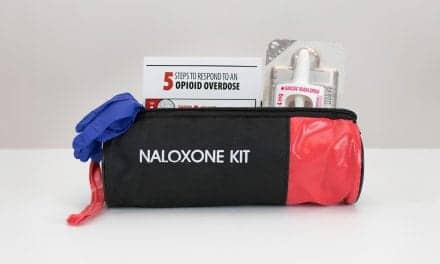Neither rescue nor routine use of inhaled nitric oxide (iNO) improves survival in preterm infants with respiratory failure, according to research in Pediatrics.
The results of one multicenter, randomized controlled trial suggest that treatment with a high dose of iNO (20 ppm) beginning in the second postnatal week may provide a small reduction in the rate of BPD, according to the authors, who added that results need to be confirmed by other trials.
“The preponderance of evidence does not support treating preterm infants who have respiratory failure with iNO for the purpose of preventing/ameliorating BPD, severe intraventricular hemorrhage, or other neonatal morbidities,” the authors wrote.
According to the results, an individual-patient data metaanalysis that included 96% of preterm infants enrolled in all published iNO trials found no statistically significant differences in iNO effect according to any of the patient-level characteristics, including gestational age, race, oxygenation index, postnatal age at enrollment, evidence of pulmonary hypertension, and mode of ventilation.
“There are limited data and inconsistent results regarding the effects of iNO treatment on pulmonary outcomes of preterm infants in early childhood,” the authors concluded.









